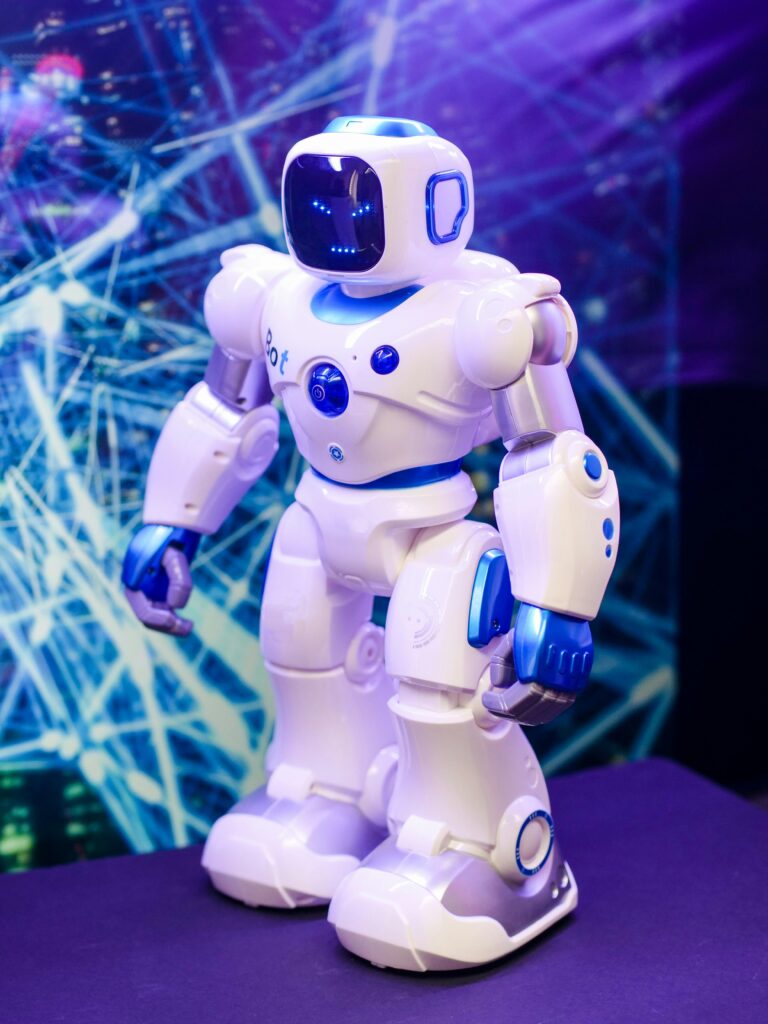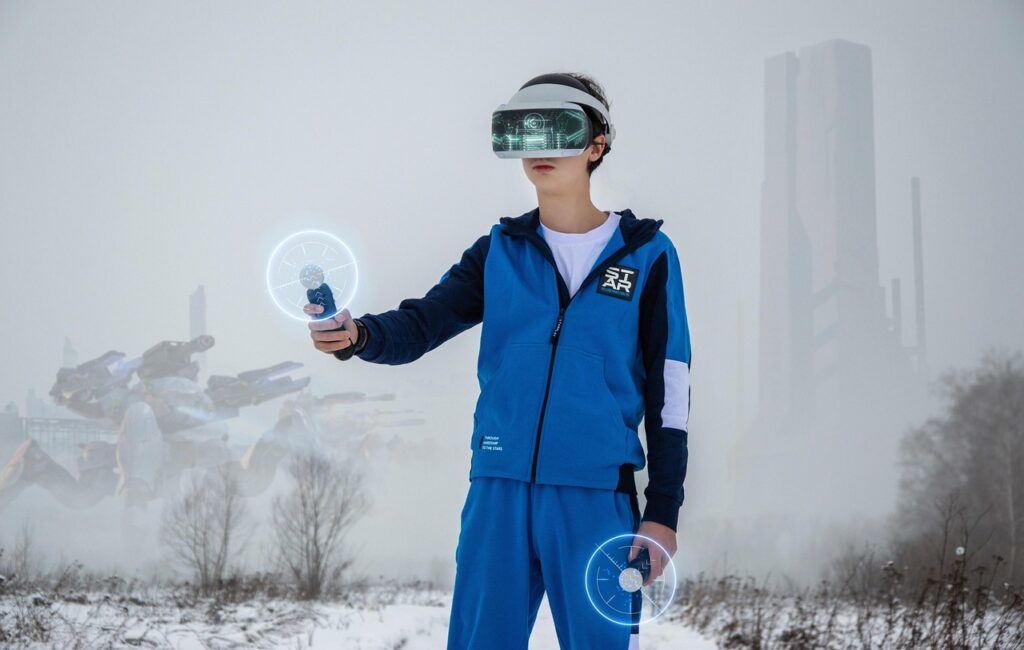
Introduction
In 2025, artificial intelligence has evolved beyond chatbots and digital assistants — it has stepped into the emotional space of human life. AI companions, like virtual friends, therapists, and life coaches, are becoming increasingly common. With apps like Replika, Anima, and Character.AI gaining millions of users worldwide, the question arises: are AI companions the future of human connection?

What Are AI Companions?
AI companions are virtual beings powered by advanced algorithms that can converse, learn, and adapt to their user’s preferences and emotions. Unlike traditional chatbots, these companions simulate empathy, build emotional rapport, and often offer mental health support.
Why Are They Going Viral?
1. Loneliness Epidemic: The post-COVID era saw a sharp rise in loneliness, especially among Gen Z and Millennials. AI companions offer a non-judgmental space to talk.
2. Accessibility: Available 24/7, they don’t need appointments or expensive therapy fees.
3. Customizability: Users can design personalities, avatars, and even voices that match their ideal support system.
4. Social Media Buzz: TikTok and YouTube are full of stories where people share emotional conversations with their AI companions, triggering curiosity and virality.
Top Trending AI Companion Apps (2025)
App Name Unique Feature User BaseReplika Romantic or friendly relationship building 20+ millionCharacter.AI Talk to AI personalities like Elon Musk or anime characters 30+ millionAnima Mental health and emotional support focus 10+ million.
Benefits of AI Companions
Emotional Support
No Fear of Judgment
Helps Socially Anxious Individuals
Therapeutic Role for Some
Concerns & Ethical Questions
Dependency: Can people get emotionally attached to something that isn’t real?
Data Privacy: What happens to the sensitive conversations stored in servers?
Reality vs. Simulation: Is it healthy to blur the line between real and virtual relationships?

Are They Replacing Humans?
No — at least not yet. But AI companions are supplementing human interactions. In many cases, they serve as a bridge toward building confidence for real-world relationships.
Final Thoughts
As AI continues to evolve, virtual companionship is not a replacement but an alternative emotional outlet for a digitally driven world. Whether it’s for fun, support, or therapy, AI companions are here to stay — and they’re redefining how we connect.
